Recovery and wellness hinge on one critical, often overlooked tool: sleep. Mastering the art of restful sleep can transform your health and well-being, enhancing everything from physical recovery to mental sharpness.
Understand that, as we age, sleep patterns evolve. But by recognizing and adapting to these changes, you can unlock deeper, more restorative sleep.
The Critical Impact of Bedroom Temperature on Sleep

The temperature of your bedroom plays a pivotal role in determining the quality of your sleep. Research shows that bedroom temperature influences sleep quality even more significantly than external noise.
Further studies indicate that elevated body and bedroom temperatures can lead to poorer sleep quality and increased periods of wakefulness. While the ideal temperature may vary slightly based on individual preferences, around 70°F (20°C) is generally recommended for optimal sleep conditions, highlighting the importance of a cool environment for a restful night.
Optimizing Your Bedroom for Perfect Sleep
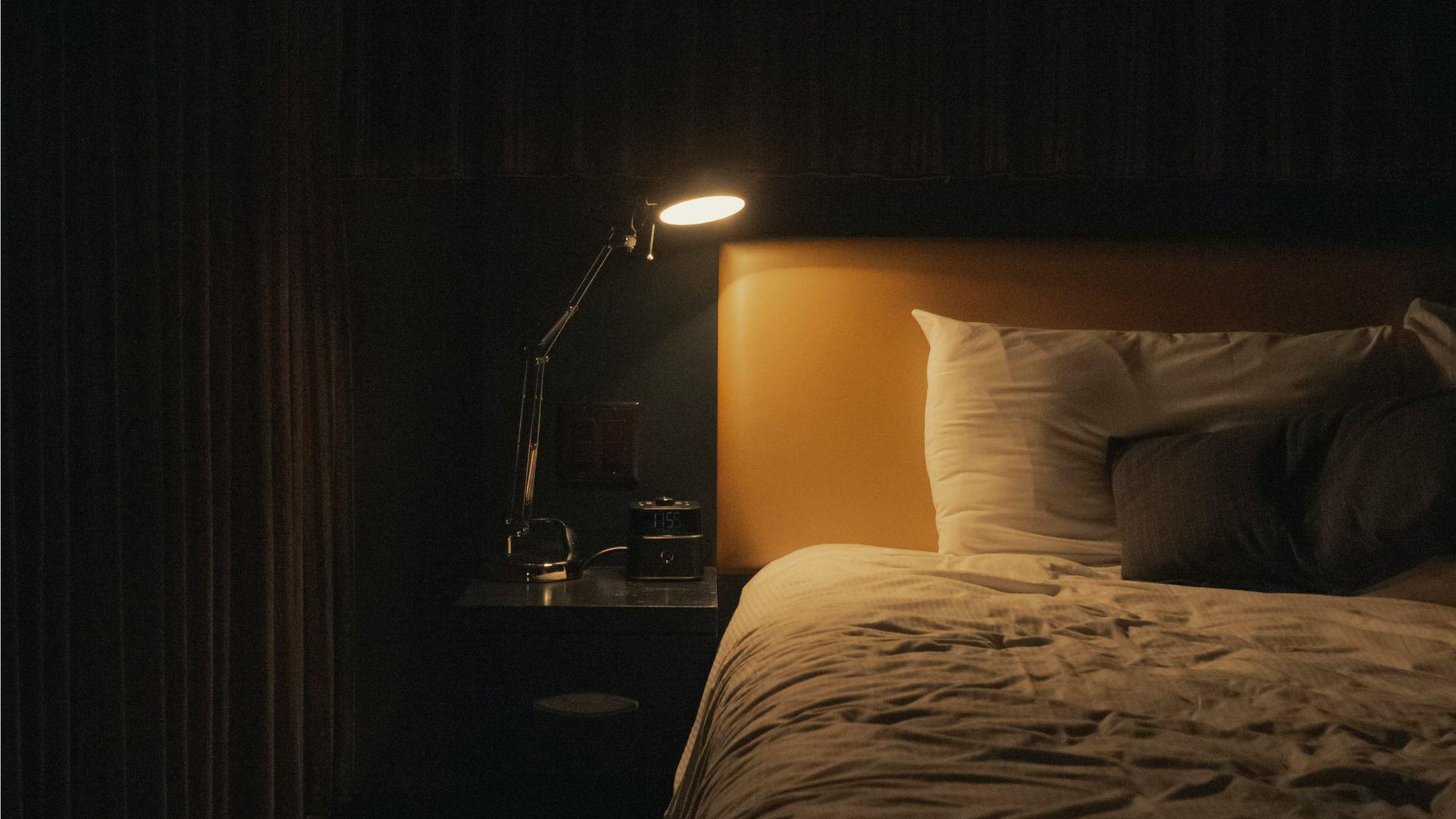
The significance of the bedroom environment in achieving restorative sleep cannot be overstated. Alongside temperature, elements such as noise, external lighting, and even the arrangement of furniture play crucial roles in this context.
Studies have consistently shown that external noise, particularly from traffic, can disrupt sleep patterns and contribute to long-term health complications. Research focusing on women’s bedroom environments found that reducing noise and light levels led to a noticeable improvement in sleep quality for about half of the participants.
Exercise: Your Natural Sleep Enhancer
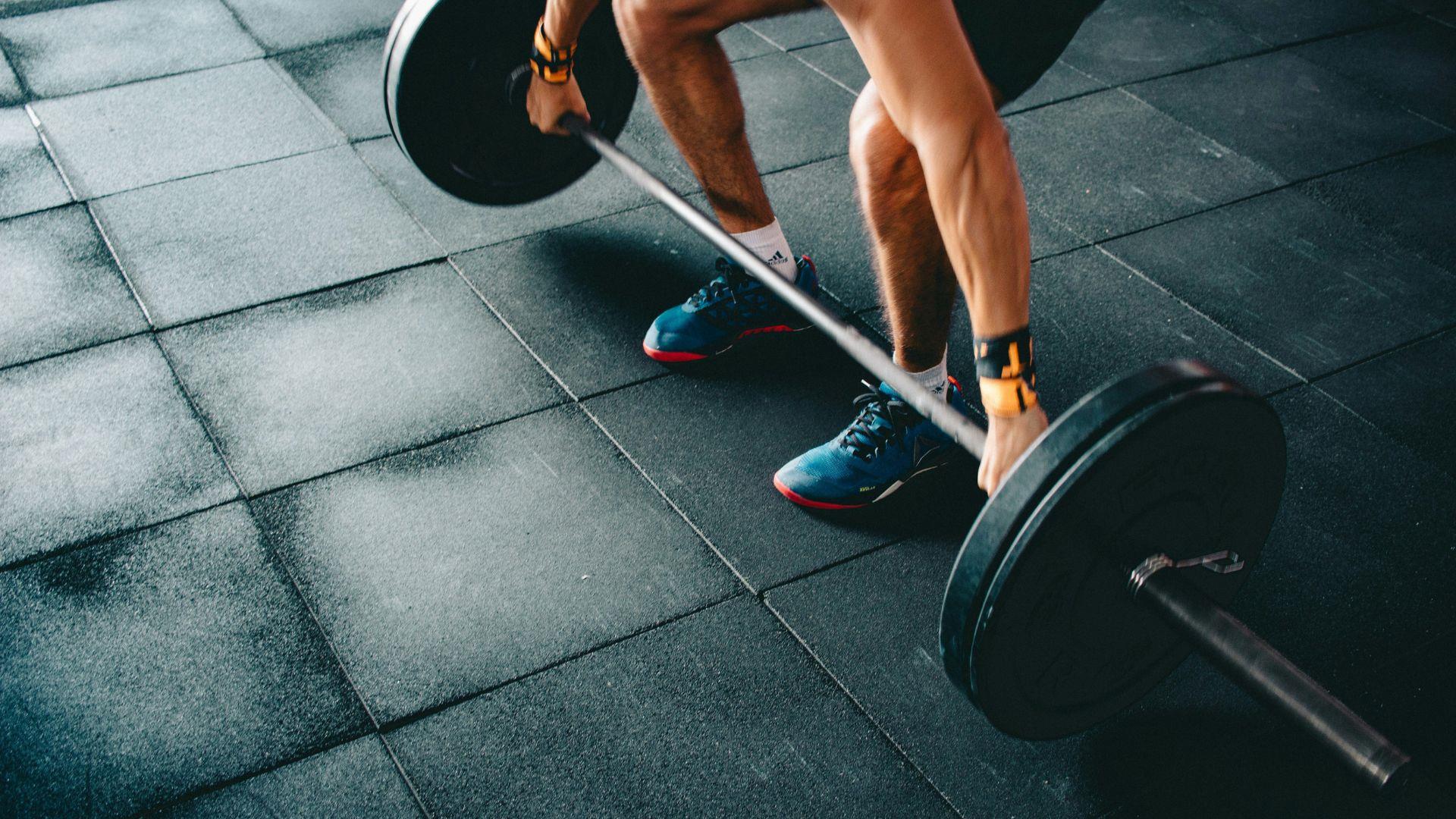
Harvard Health Publishing explains that incorporating physical activity into your daily routine does more than just improve your fitness; it significantly boosts your sleep quality.
Exercise increases the production of sleep-promoting hormones like melatonin, particularly when done in the morning under natural sunlight, helping to realign your circadian rhythm for better night-time rest.
Maximizing Daylight Exposure

Exposing yourself to natural sunlight or other forms of bright light during daytime hours is crucial for maintaining a robust circadian rhythm, enhancing both your energy levels throughout the day and the quality and duration of your sleep at night. Research demonstrates that for individuals with insomnia, exposure to bright light during the day markedly improves sleep quality and reduces the onset of sleep by up to 83%.
Another study found that older adults receiving two hours of bright light exposure daily experienced a two-hour increase in sleep duration and an 80% boost in sleep efficiency.
Ritualize Your Way to Better Sleep
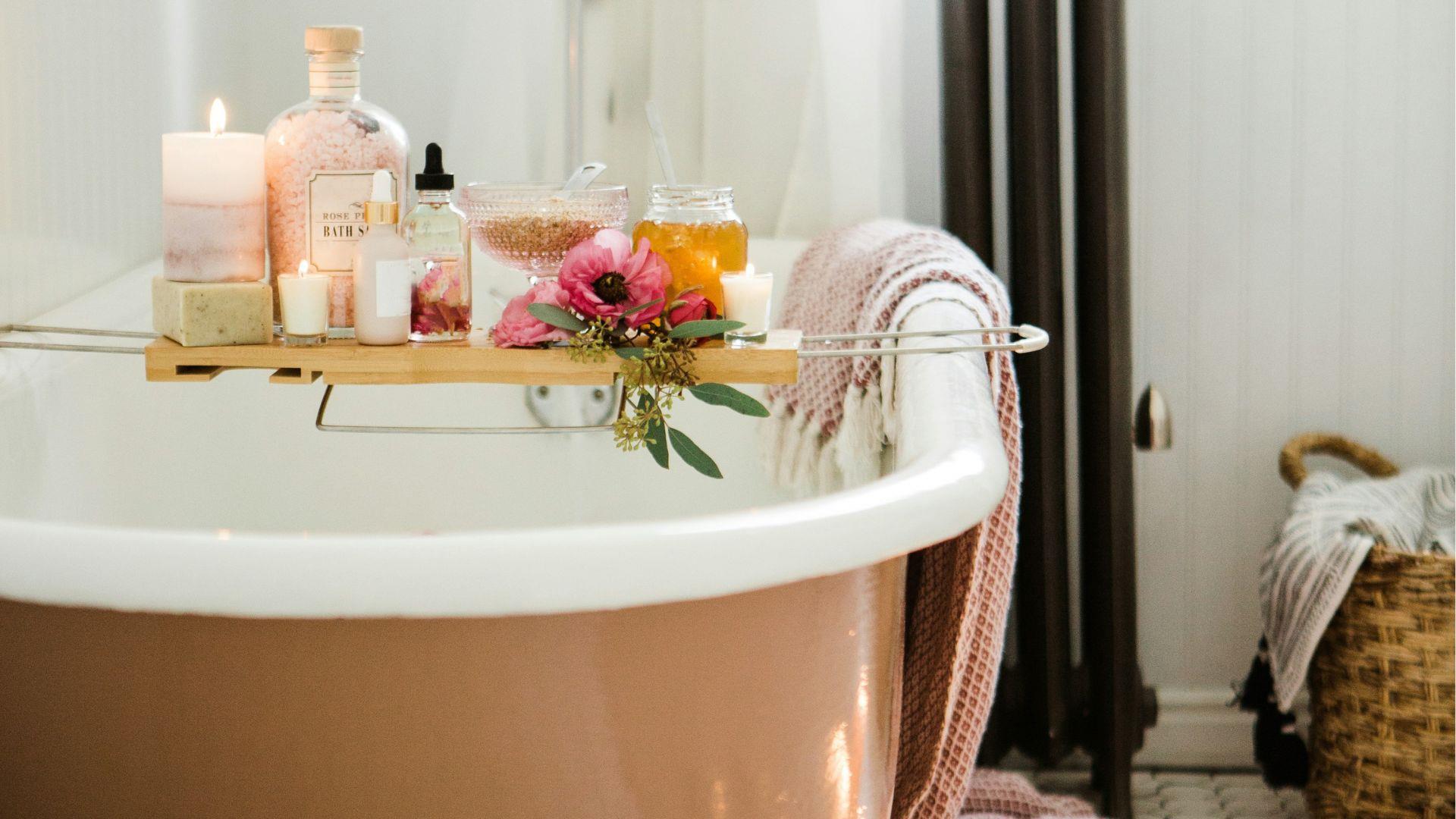
Just as childhood bedtime rituals can promote sleepiness, adult pre-sleep routines signal to your body that it’s time to wind down.
Whether it’s a warm bath, a glass of milk, or soothing music, these rituals can ease the transition into sleep, making it easier to drift off.
Dietary Considerations for Enhanced Sleep

Your pre-sleep dietary habits can impact your sleep quality. Eating a heavy meal too close to bedtime can disrupt your sleep, as can going to bed hungry.
A small, healthy snack can satisfy late-night hunger without interfering with your sleep, striking the perfect balance for restful slumber.
The Impact of Evening Eating on Sleep

Healthline notes that eating late in the evening can have detrimental effects on your sleep quality and the natural secretion of hormones like HGH and melatonin, which are crucial for restorative sleep.
However, the nature of your pre-sleep meal can also influence how well you sleep. Research suggests that consuming a high-carbohydrate meal four hours before bedtime may expedite the onset of sleep. Conversely, another study indicates that adhering to a low-carb diet can enhance sleep quality, suggesting that the necessity of carbohydrates for better sleep might vary based on individual dietary habits.
The Role of Stress Management in Sleep Quality
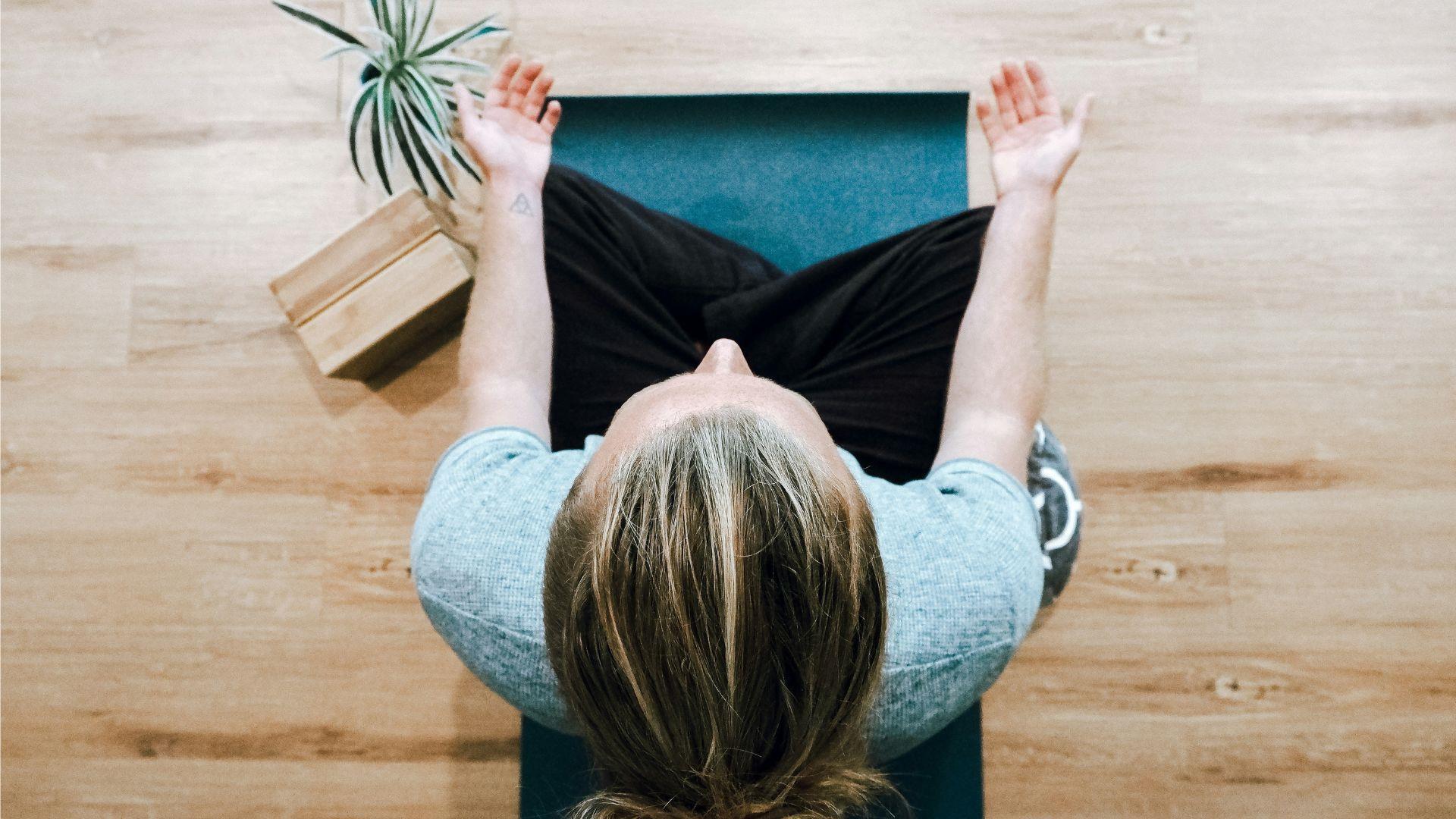
Night-time can often bring daytime stresses to the forefront, hindering your ability to fall asleep. Research has shown that employing relaxation techniques such as deep breathing can help combat stress and its adverse effects on sleep, paving the way for a more peaceful night
One study also found that receiving a relaxing massage notably improved sleep quality among ill individuals.
Steering Clear of Sleep Disruptors

Caffeine and alcohol may seem like quick fixes but can significantly impair your sleep cycle. Avoiding these substances in the hours before bed can help prevent their stimulating effects from keeping you awake, ensuring a smoother transition into sleep.
Studies highlight that caffeine consumed even six hours before bed can significantly impair sleep quality, as it remains in the bloodstream for 6–8 hours. Similarly, alcohol, despite its initial sedative effects, detrimentally affects sleep patterns and hormone balance.
Consistency: The Key to Sleep Mastery

Studies suggest that inconsistent sleep habits can disrupt your circadian rhythm and the production of melatonin, the hormone that cues your brain to sleep.
Establishing a routine of going to bed and waking up at the same time daily can profoundly benefit your sleep health.
Personalized Sleep Strategies
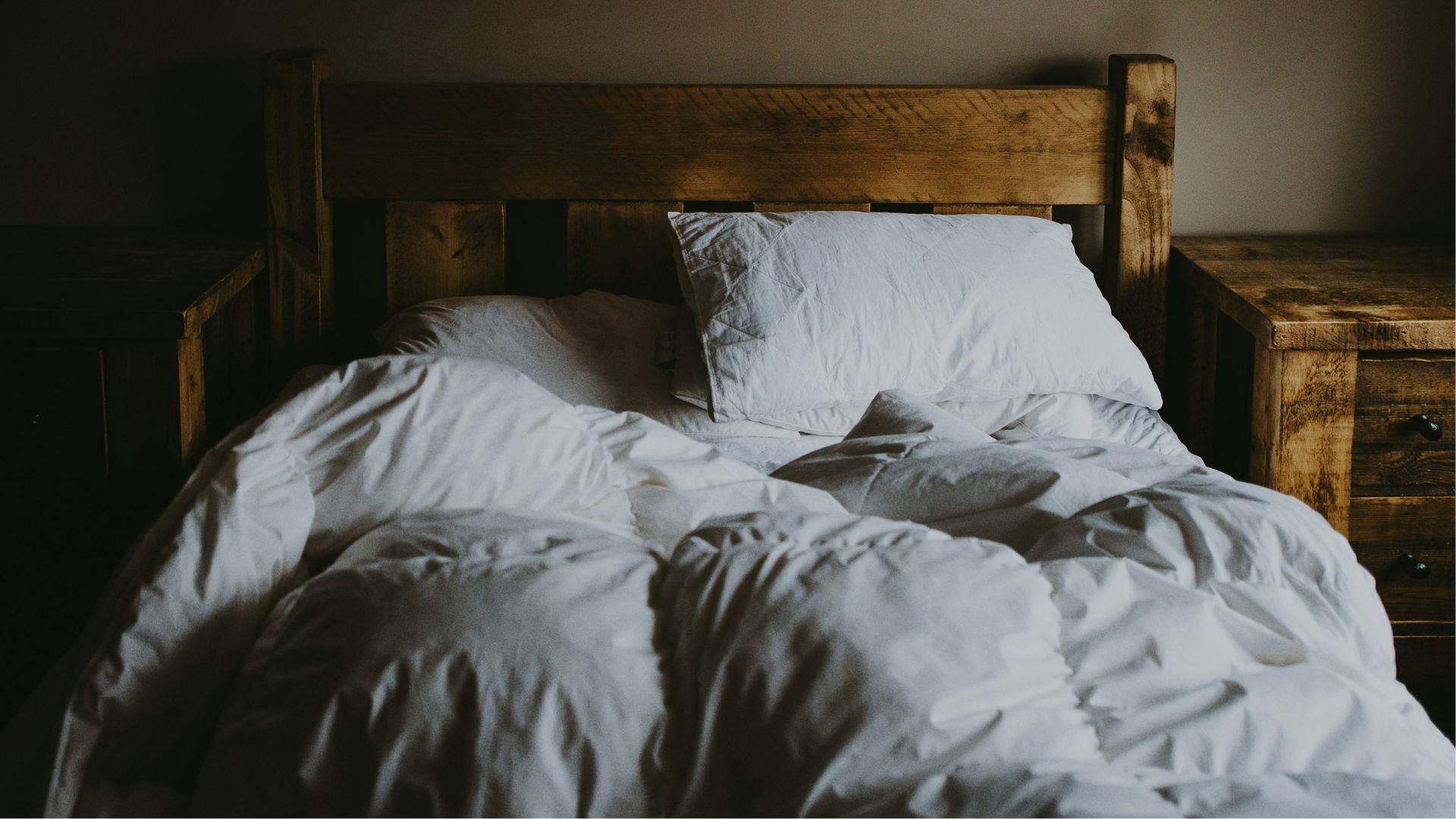
The University of Colorado Boulder suggests that paying attention to your sleep habits and patterns can provide valuable insights into what might be affecting your sleep quality.
By identifying and adjusting these factors, you can tailor your approach to sleep, implementing changes that foster a healthier sleep cycle and, by extension, enhanced overall wellness and recovery.








































